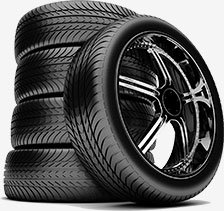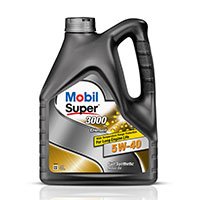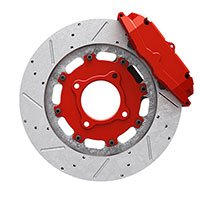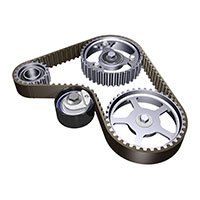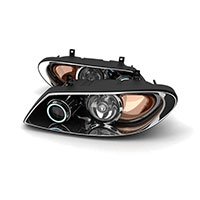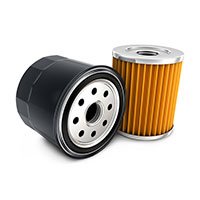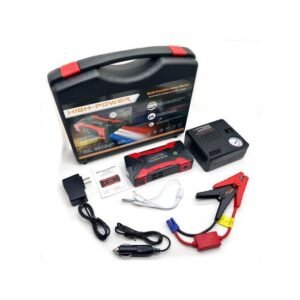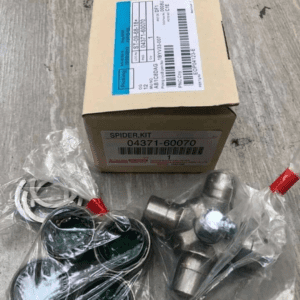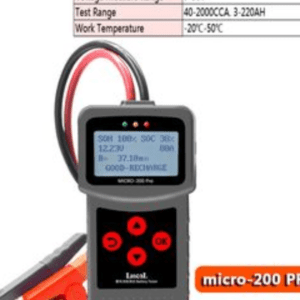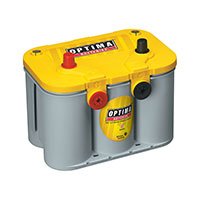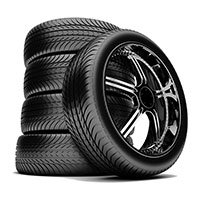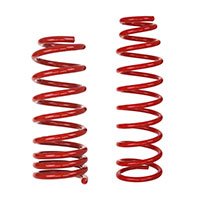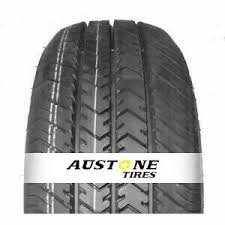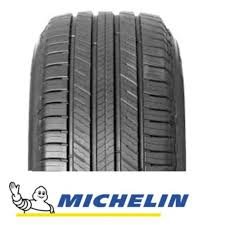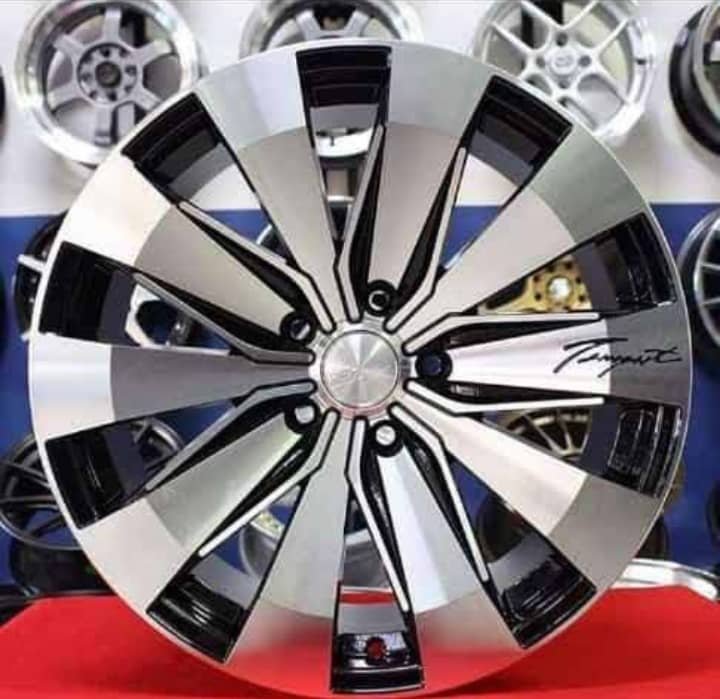What Causes Low Oil Pressure On Diesel Engine?
What Causes Low Oil Pressure On Diesel Engine?
What Causes Low Oil Pressure On Diesel Engine?
As we all know, oil pressure is one of the most important parameters in an engine. Whenever your vehicle’s oil pressure light comes on or your pressure gauge reports a lower than normal reading, it means there’s a problem.
Sometimes you won’t know if the problem is serious, the best thing to do is to turn off your engine. But before you begin any inspection, it is vital to take a few precautions before tearing into the engine. Ensure to keep all parts clean and free of contaminants. Once any dirt or debris gets into your engine, it can cause wear, misalignment of critical parts, or clog various oil passageways.
Today’s post will help you understand the engine oil pressure. It will explore what causes low oil pressure on the diesel engine.
So What Causes Low Oil Pressure On A Diesel Engine?
- A Low Oil Level
Anytime you have low oil pressure at idle, ensure that your engine’s oil level is correct. Examine your dipstick and ensure it’s not under the minimum mark. But once there’s low oil level, the oil pump will suck up air from the sump and make a low and fluctuating oil pressure.
The Wrong Type Of Oil For Your Engine
Using the wrong oil can cause a low oil pressure for your engine. What I mean is, if you use a 0w-20 oil SAE on an engine that requires 5w-50 oil, you could get a low oil pressure when the engine gets hot. This is because some engines have a larger bearing play and require a thicker oil to get the correct oil pressure at idle.
Having Too High Or Low Viscosity
A low viscosity generates less resistance to flow through the system, and this translates to lower pressure by the sensor. This leads to a lack of lubrication in the system and consequently lowers pressure.
Your engine or car manual should specify the recommended viscosity grades according to its design. And also, the ambient temperatures where the vehicle will be operating.
Note that a higher viscosity selection may be a concern, especially for engine startups in cold weather. But in extremely low temperatures, not only must you choose the right lubricant viscosity, but you might need to use an oil heating system.
Low viscosity can be caused by a variety of factors, such as fuel dilution, incorrect lubricant viscosity selection, or an excessive temperature because of overloading or a cooling system failure.
The Engine Oil Bypass Valves Are Open
Once your engine oil bypass valves are open, it can result in lower engine oil pressure. Having debris in the engine oil is caused by an open bypass valve. Note that debris could be dirt or metal shavings from internal damage from one of the internal hard parts (camshaft, crankshaft, pistons).
You should remove each oil bypass valve and clean out any dirt or debris. Note that it is also wise to clean up each bypass valve bore. And once the bypass valves are cleaned, the oil should be changed along with the oil filter.
The Oil Lines or Oil Passages Are Not Working
Any oil line or oil passage that is open, disconnected, or broken will cause low oil pressure on diesel engines. Your engine builder should examine each oil passage for debris and wear. Sometimes an open lubrication system could also be caused by a piston cooling nozzle which is missing or damaged. The piston cooling nozzles direct the engine oil towards the bottom of the piston in order to cool the piston.
And also, these nozzles provide lubrication for the piston pin. An incorrect installation, a restriction of normal movement, or breakage of the piston cooling nozzles could result in the seizure of the piston itself.
- Dirt Pickup To The Oil Pump
Note that once the oil level is correct and you have ensured that the oil type is correct, the most common cause of low oil pressure is too much dirt in the pickup to the oil pump. Usually, the oil pump takes the oil from the bottom of the oil pan from a pipe. But before that, there is often a net that will prevent any metal piece from going through the oil pump. And to inspect this, you have to remove the oil pan from your vehicle and check the oil pickup.
- A Clogged Filter
If the filter becomes clogged with contaminants and the bypass valve doesn’t work correctly, it may lead to lubricant starvation.
An overextended oil is what causes a clogged filter. This may also be caused by water and/or soot contamination. This is because water comes from a cooling system leak, while excessive soot may be the result of poor combustion. So if the bypass valve is not working properly, a defective filter may be the cause.
Conclusion on what causes low oil pressure on diesel engines?
Try as much as you can to always check that the oil pressure sensor/gauge is correct before you begin to diagnose the cause of the low oil pressure on diesel engines.
In case you have low oil pressure, ensure that you have the right oil for your engine. Examine your repair manual or call your authorized dealer to enquire. This is because low oil pressure on diesel engines will cause permanent damage really fast if you are unlucky.


